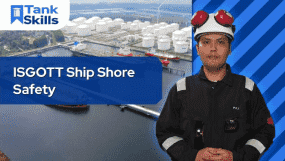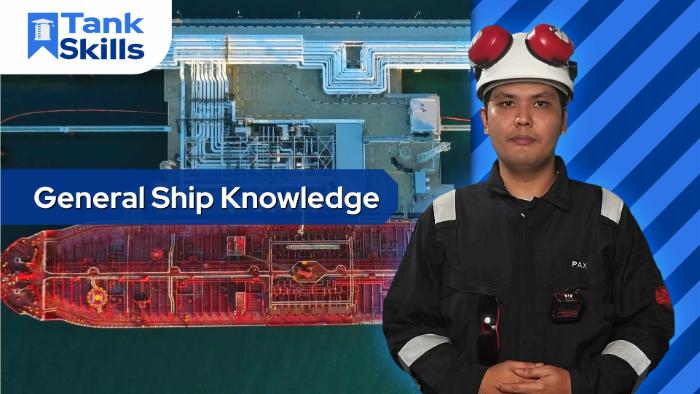- Courses
- / Static Electricity
Static Electricity
Starting from $49
Self-Paced Training
- 9 Modules
- Pre Assessment
- English
Static electricity presents fire and explosion hazards during the storage and handling of bulk liquid chemical, liquefied gases and petroleum products. Certain operations can give rise to accumulations of electric charge which may be released suddenly in electrostatic discharges with sufficient energy to ignite flammable hydrocarbon gas/air mixtures; there is, of course, no risk of ignition unless a flammable mixture is present.
In this course, we learn about electrostatic charges in detail and what it entails specifically in cargo operations. We also go over general precautions against electrostatic hazards and the ways in which cargo operations can be safeguarded against hazardous accidents.
- Learn about static electricity and the potential hazards arising from it
- Understanding of the implications of static electricity accumulation in cargo processes
- Gain insights on conditions that lead to static electricity hazards
- Learn about safety measures and precautions that can be undertaken
- Also learn about the common sources of static electricity during various cargo transfer operations
Our courses are specially crafted to assist those working in the industries of
- Tank Storage Terminals, Refineries, FPSO’s, Offshore Marine Terminals, STS POAC & Superintendence
- Health Safety & Environment, LNG Operations of Tankers and Terminals, Oil & Gas Logistics
- Airport Fueling, Traders, Tanker Operators, Shipping Agents, Cargo Inspection, Loss Control
- Marine Expediting, Biofuel Storage, Claims Departments, Port Authorities, Customs, Security Personnel
- Tank Farm operators, Loading Masters and Terminal Management
More Courses from TankSills
Manage process safety, select hazard analysis techniques, and understand consequence analysis and LOPA



